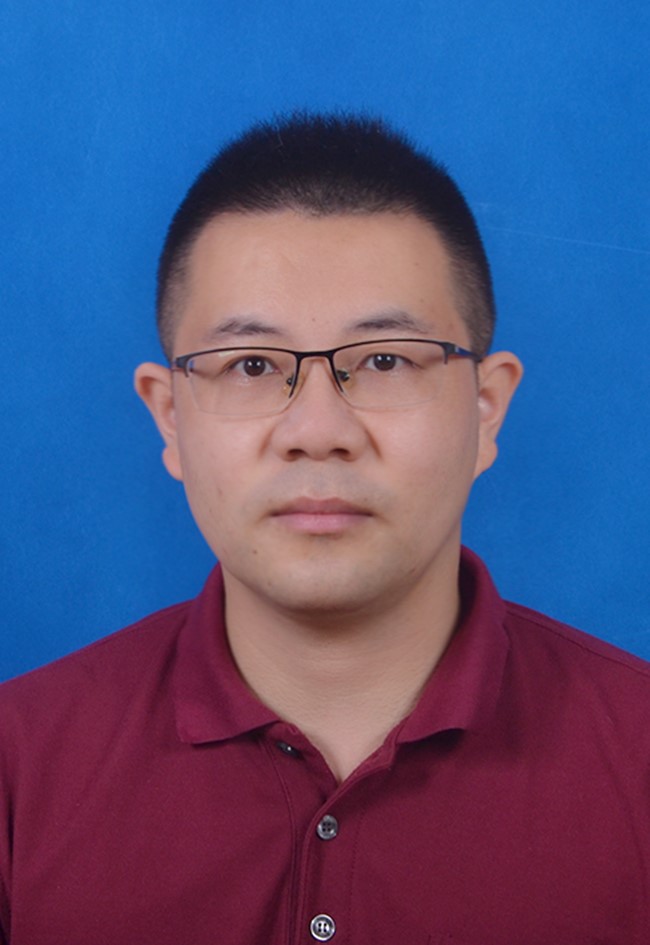 Invited Speaker
Invited Speaker

Prof. Jianxiong Zhu
School of Mechanical Engineering, Southeast University, ChinaSpeech Title: Charge Transportation from Functional Materials and Structure Designs for High-Voltage Ion Dischage Applications
Abstract: A conversion from mechanical energy into direct current is of great interest for ion discharge applications. First, inspired by ancient waterwheel transport water and P–N junction theory, a continuous DC nanogenerator was developed using charges transportation and dual-intersection triboelectric nanogenerators. By employing tribo-polarity reversal porous material as a charges transportation carrier sliding among the ultra-negative and ultra-positive materials, the charges were unidirectionally transported by the discharge of repulsion via line electrodes, forming a stable DC output. Due to the charge transport and repulsive discharge, a much higher DC output voltage was easily obtained than the air breakdown mechanism. Furthermore, ion mobility analysis is a well-known analytical technique for identifying gas-phase compounds in fast-response gas-monitoring systems. With those mentioned technologies, based on the charge accumulation mechanism, a multi-switched manipulation triboelectric nanogenerator can provide a direct current bias at the order of a few hundred, which can be further leveraged as the power source to obtain a unique and repeatable discharge characteristic of different VOCs, and their mixtures, with a special tip-plate electrode configuration. Aiming to tackle the grand challenge in the detection of multiple VOCs, the ML-enhanced ion mobility analysis method was successfully demonstrated by extracting specific features automatically from ion mobility spectrometry data with algorithms, which significantly enhance the detection ability analyzer, showing a portable real-time gas monitoring solution with rapid response and low power consumption for future internet of things based environmental monitoring applications.
